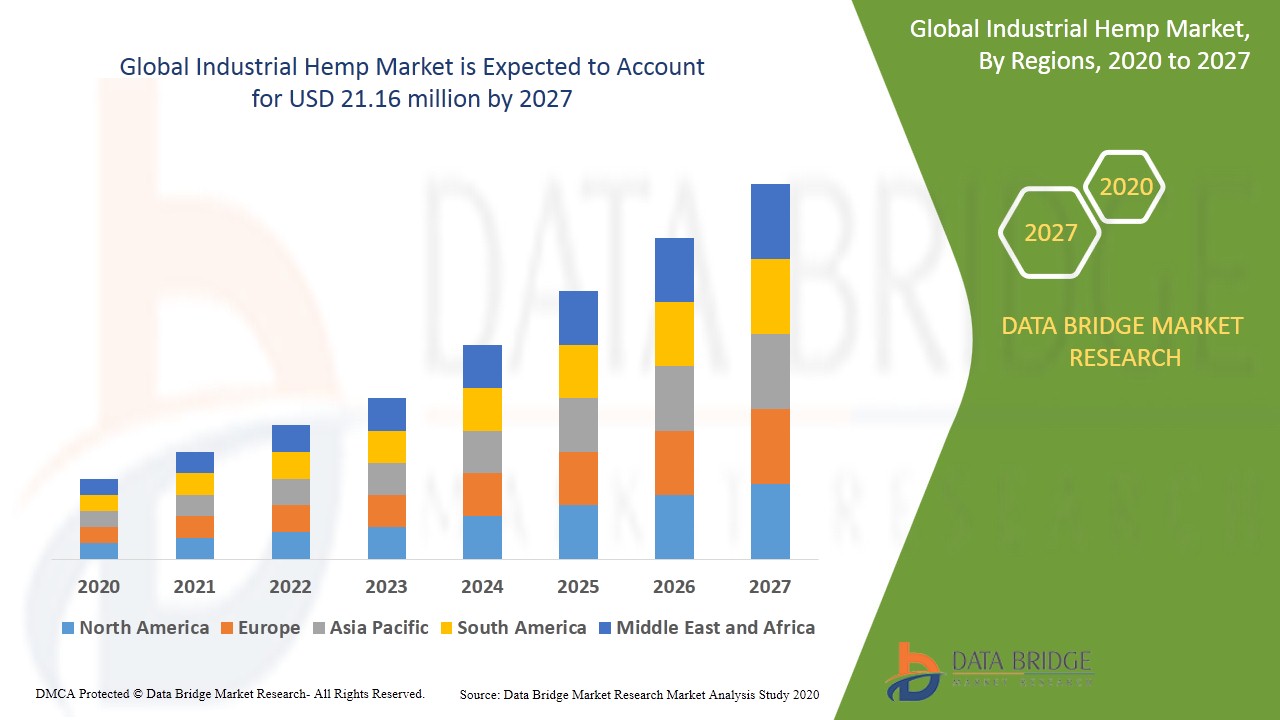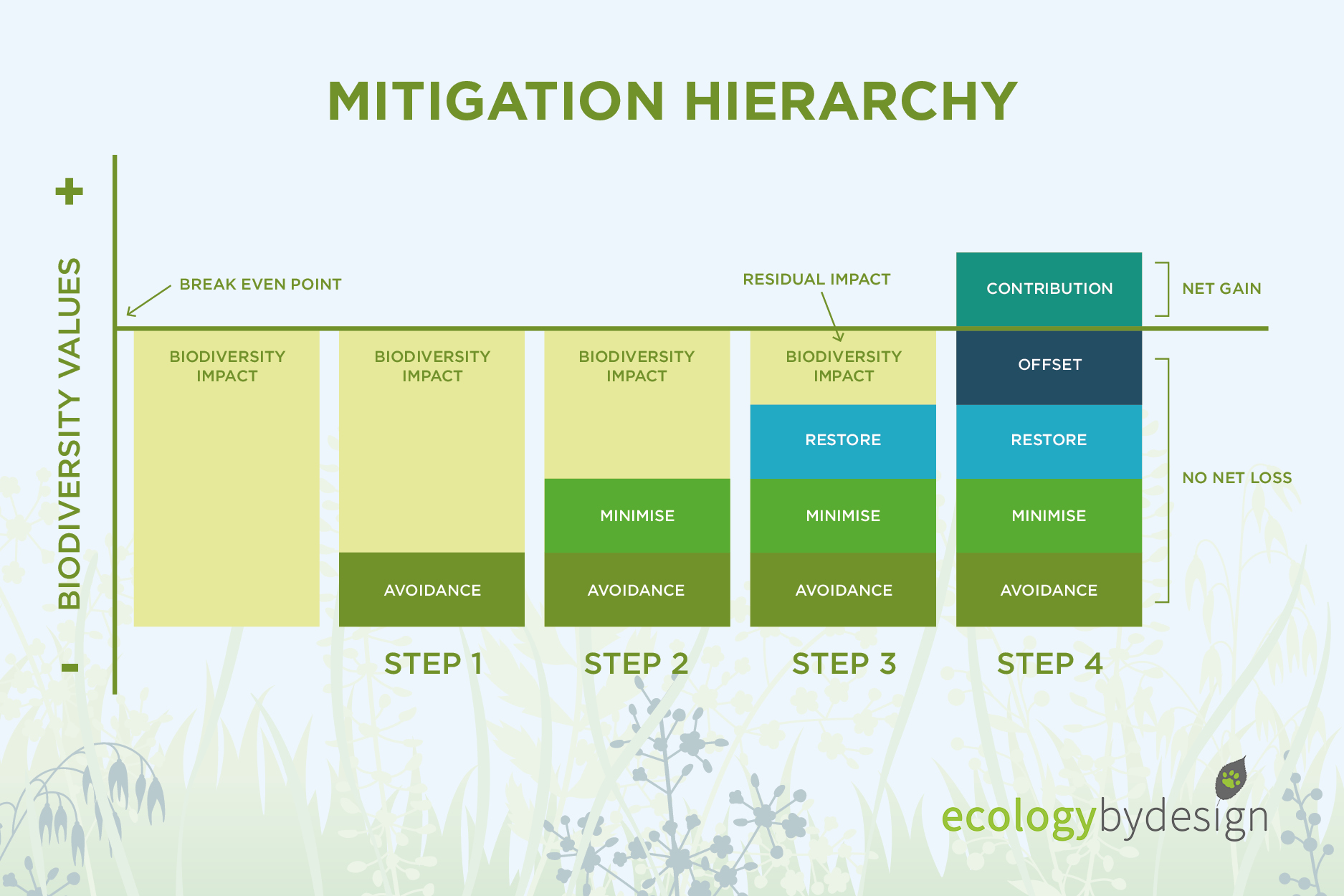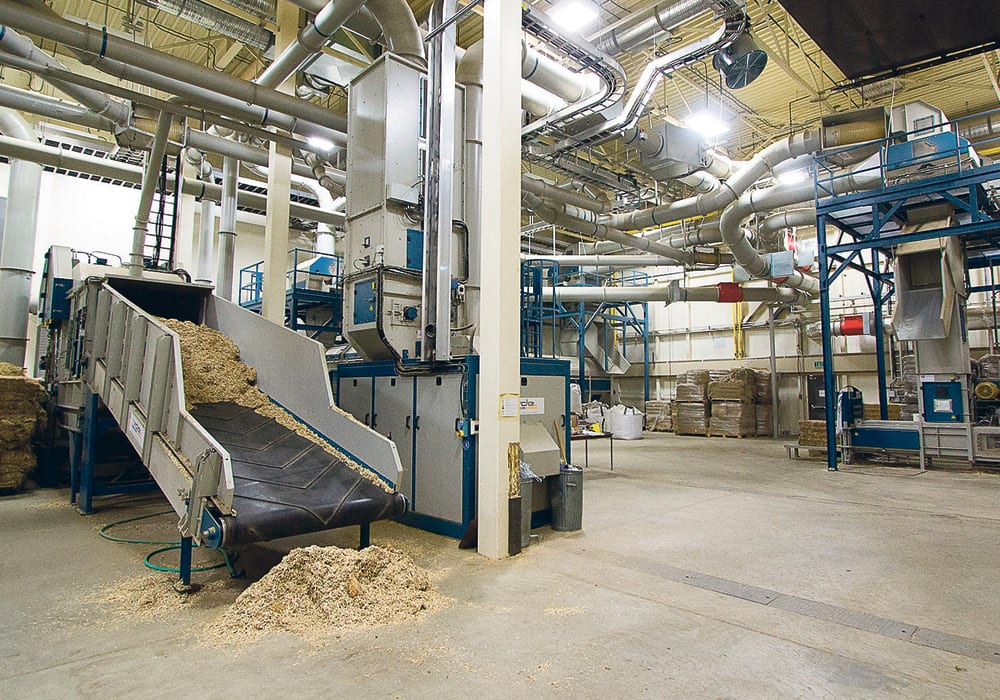
A robust ecological index is crucial for measuring the environmental impact of hemp products and guiding sustainable practices across the entire industry. This index should encompass a comprehensive set of environmental indicators, considering the entire lifecycle of hemp products, from cultivation to end-of-life disposal.
Key Considerations for Developing a Balanced Ecological Index:
- Life Cycle Assessment (LCA):
- Cultivation:
- Soil Health: Assess soil organic matter content, erosion rates, and biodiversity.
- Water Usage: Evaluate water consumption, irrigation methods, and potential for water pollution.
- Pesticide and Fertilizer Use: Assess the use of agrochemicals and their impact on the environment.
- Carbon Footprint: Quantify greenhouse gas emissions from cultivation, including those related to fertilizer production, transportation, and machinery.
- Processing:
- Energy Consumption: Evaluate energy use in processing facilities, including electricity, heat, and water.
- Waste Generation: Assess the amount and type of waste generated during processing.
- Water Usage: Evaluate water consumption during processing and wastewater treatment.
- Chemical Use: Assess the use of chemicals in processing and their potential environmental impact.
- Transportation:
- Transportation Emissions: Calculate greenhouse gas emissions associated with the transportation of raw materials, intermediate products, and finished goods.
- Distance Traveled: Minimize transportation distances to reduce environmental impact. 1 1. Reducing Carbon Footprints through Responsible Fabric and Yarn Sourcing egedeniztextile.com
- Product Use and End-of-Life:
- Product Durability: Assess the durability and longevity of hemp products.
- Recyclability and Biodegradability: Evaluate the ease of recycling and the potential for biodegradation at the end of product life.
- Waste Management: Assess the environmental impact of waste disposal and end-of-life management options.
- Cultivation:
- Social and Economic Factors:
- Social Equity: Consider the social and economic impacts of hemp production on local communities, including fair wages, safe working conditions, and community development.
- Local Sourcing: Prioritize the use of locally sourced materials and support local economies.
- Fair Trade Practices: Ensure fair trade practices throughout the supply chain.
- Data Collection and Analysis:
- Develop robust data collection methods and establish a standardized data reporting system.
- Utilize advanced analytical tools and software to analyze data and generate meaningful insights.
- Ensure data transparency and accessibility to all stakeholders.
- Continuous Improvement:
- Regularly review and update the ecological index based on new research, technological advancements, and stakeholder feedback.
- Encourage continuous improvement and innovation to minimize environmental impact.

By developing and implementing a comprehensive ecological index, the hemp industry can effectively measure and track its environmental performance, identify areas for improvement, and promote sustainable practices throughout the entire value chain. This will not only enhance the environmental credentials of hemp products but also build consumer trust and strengthen the industry’s long-term sustainability.
J. Debusscher
hempnation.one
20250101
The Hemp Nation Group 2025


